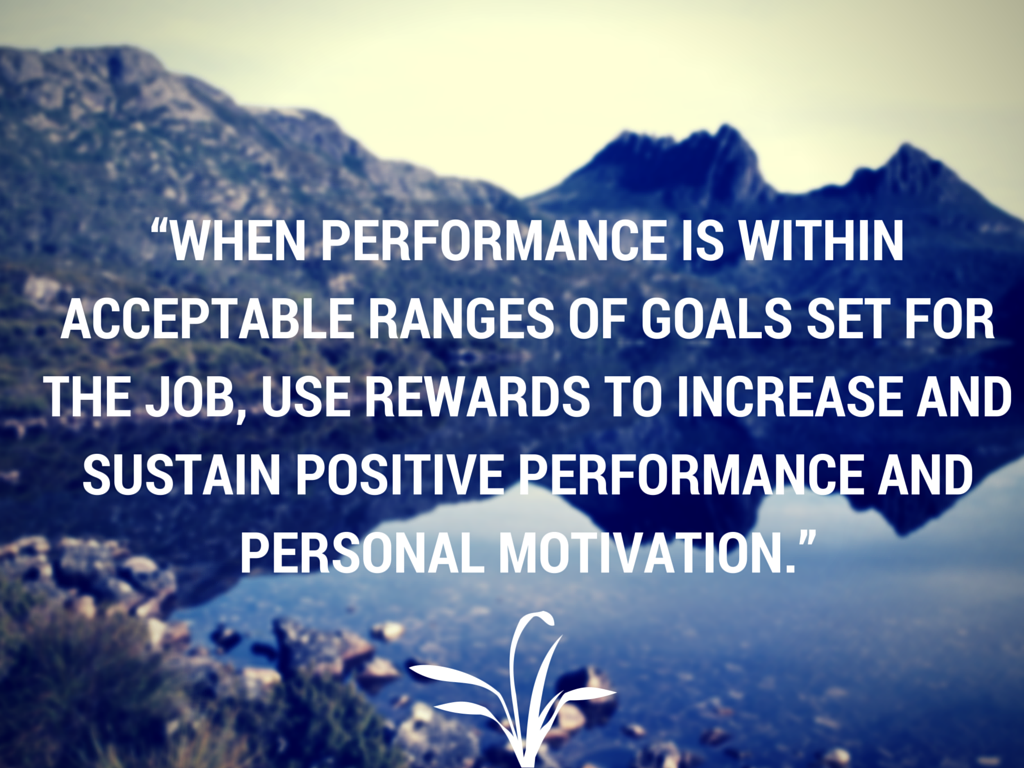Tag Archives: Effective Leader
Are you a Victim or Leader?
Victims and Leaders look at life differently. Although everyone is doing the best they can, sometimes people do not realize that they have a choice to be either a victim or a leader. Executive Business Coach Training teaches us that we can remain bruised all our lives, stay in victim mode or heal and become the leading humble stars of tomorrow.
For example, CLI’s “Learning Concept” invites leaders to abandon the notion that we have “problem employees” or “problem managers”. Instead, we engage The Law of Attraction knowing that we attracted the “problem” in order to learn something.
Therefore, while a “problem” situation exists, we refrain from saying that people are a “problem”. The question then becomes, “Hmmm. What is everyone learning here?” The Manager might be learning how to ‘respect’ their people more. The Employee might be learning how to have more faith in their Manager.
If we want a harmonious workplace, there is no room for blame or judgement. Only “learning”.
PS Same goes for the home-front!
Betska, The Guru Coach™
Sign up for CLI QuickTip™ and Blog Updates at:
Coaching and Leadership International Inc
Are you Accepting Good Enough?
Are you a Leader who accepts Good Enough?

If you are accepting status quo as good enough then you can bet that you are leading your team to nowhere. Challenging the current state of affairs and questioning the way “it is normally done here” attitude is the only sure way to improvement and remain competitive.
Whether you wish to improve your professional leadership at work or your personal leadership with your family, we invite you to use CLI’s phenomenal scientific brain game called “The Brain Walk®“ to identify immediate solutions to challenges that are hiding in your subconscious mind. We call these blind-spots. Got any of those? We all do!
True leaders at any rank within the organization, love themselves and their organization so much that they are committed to going inside self and finding the courage and the ability to suggest and implement change. They simply do not accept Good Enough in the workplace. Even if something is working, it can always be improved.
Betska, The Guru Coach™
Sign up for CLI QuickTip™ and Blog Updates at:
Coaching and Leadership International Inc.
What did Stephen Covey say about Leadership? (Part II)
You will remember our discussion from Part I of this article about the importance of creating a win-win situation in the workplace where the employees feel greatly valued and respected. Stephen Covey greatly emphasized “Win-Win” in his Habit #4 of The 7 Habits of Highly Effective People.
In Part I we presented the fact that most people are NOT motivated by money.
In this Part II, I present a chart with three categories of ways to recognize people:  MONEY – OPPORTUNITY – RECOGNITION. The chart is invaluable as it has 50+ ways to inspire/motivate your people to make them feel like winners.
MONEY – OPPORTUNITY – RECOGNITION. The chart is invaluable as it has 50+ ways to inspire/motivate your people to make them feel like winners.
The least expensive rewards fall under the “Opportunity” section. These rewards provide the individual with an opportunity to grow. They recognize him/her for a job well done by trusting him/her to take on more responsibility and more authority.
Survey after survey of a broad range of employees, show us that rewards which are intangible and those which show sincere thought and consideration have a much longer-lasting effect.
Learning how to build a solid recognition program is an important part of leadership skills training. CLI believes so much in the importance of a recognition program that we feel it should have prominence in every leader’s Employee Strategic Plan initiatives. Once it has been built, the leader has the responsibility to ensure the program is delivered.
We also feel so strongly about it that a good chunk of time is spent on the topic in our Executive and Business Coach Training Program. Once again, this invaluable information is rarely taught in MBA school.
In setting up your reward program, begin by setting performance goals. Then choose the rewards that are best suited to the goal.
Making People Feel Like Winners
“When performance is within acceptable ranges of goals set for the job, use rewards to increase and sustain positive performance and personal motivation.”
[Tweet this]
The chart — Making People Feel Like Winners is taken directly from my first Canadian best-seller “Creating Champions”.
Betska, The Guru Coach™
Sign up for CLI QuickTips™ and Blog Updates at:
Coaching and Leadership International Inc













